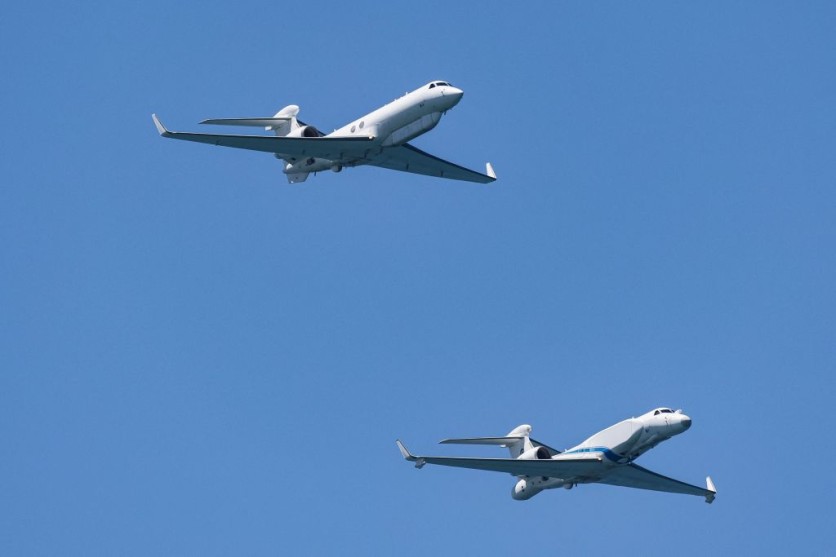Gulfstream Aerospace Corp. has etched its name in aviation history after completing the world's first transatlantic flight using 100 percent sustainable aviation fuel (SAF).
The November 19 journey took place on a Gulfstream G600 aircraft, flying from Savannah, Georgia, to Farnborough, England, for six hours and 56 minutes.

The Era of Sustainable Aviation Fuel (SAF)?
In a climate where the aerospace sector is intensively exploring avenues to achieve net-zero carbon dioxide emissions by 2050, the race to accomplish the first transatlantic flight fueled exclusively by SAF was foreseeable.
SAF is engineered to mitigate aviation carbon emissions by leveraging sources that rely significantly less on fossil fuels. Both of the aircraft's Pratt & Whitney PW815GA engines were powered exclusively by 100% SAF, underlining the potential for renewable fuels in aviation.
These fuels exhibit lower carbon, sulfur, and aromatics. The data gathered from this extensive flight will facilitate assessments of aircraft compatibility with forthcoming low-aromatic renewable fuels, particularly in cold temperatures during extended flights.
Mark Burns, the President of Gulfstream, said, "Gulfstream is innovating for a sustainable future. One of the keys to reaching business aviation's long-term decarbonization goals is the broad use of SAF in place of fossil-based jet fuel."
"The completion of this world-class flight helps to advance business aviation's overarching sustainability mission and create positive environmental impacts for future generations," he added.
The SAF utilized in this groundbreaking flight was provided by World Energy and distributed by World Fuel Services. This SAF, known as Hydroprocessed Esters and Fatty Acids (neat HEFA), boasts at least 70% lower lifecycle CO2 emissions than fossil-based jet fuel, contributing to reduced climate impact, according to Gulfstream.
Moreover, this fuel, devoid of additional aromatics, exerts a reduced impact on local air quality and boasts an exceptionally low sulfur content, alleviating non-CO2 environmental impacts.
Read Also : Expect More Rough Flights Due to Climate Change Increasing Turbulence, According to Study
Pioneering Role in Sustainable Aviation
Anthony Rossi, Vice President of Sales & Marketing at Pratt & Whitney Canada, commended Gulfstream for their pioneering role in sustainable aviation. Key partners, including Honeywell, Safran, and Eaton, collaborated to support this significant achievement.
"We'd like to thank all our partners for their help in making this milestone flight happen, and for their ongoing partnership in collaborating with the extended SAF community to champion the aviation industry's path to 100% SAF usage," Burns said in a statement.
In related news, a recent study by the National Center for Atmospheric Science and the University of Manchester examined emissions from sustainable aviation fuels compared to traditional jet fuel.
The research revealed an up to 80% reduction in carbon dioxide emissions, with a significant 45% decrease in ultrafine black carbon emissions during low thrust, impacting local air quality positively.
Related Article : FAA Says People Flying Drones at Super Bowl to Face Consequences: $30,000 Fine, Criminal Charges, and Drone Confiscation Included

ⓒ 2026 TECHTIMES.com All rights reserved. Do not reproduce without permission.




